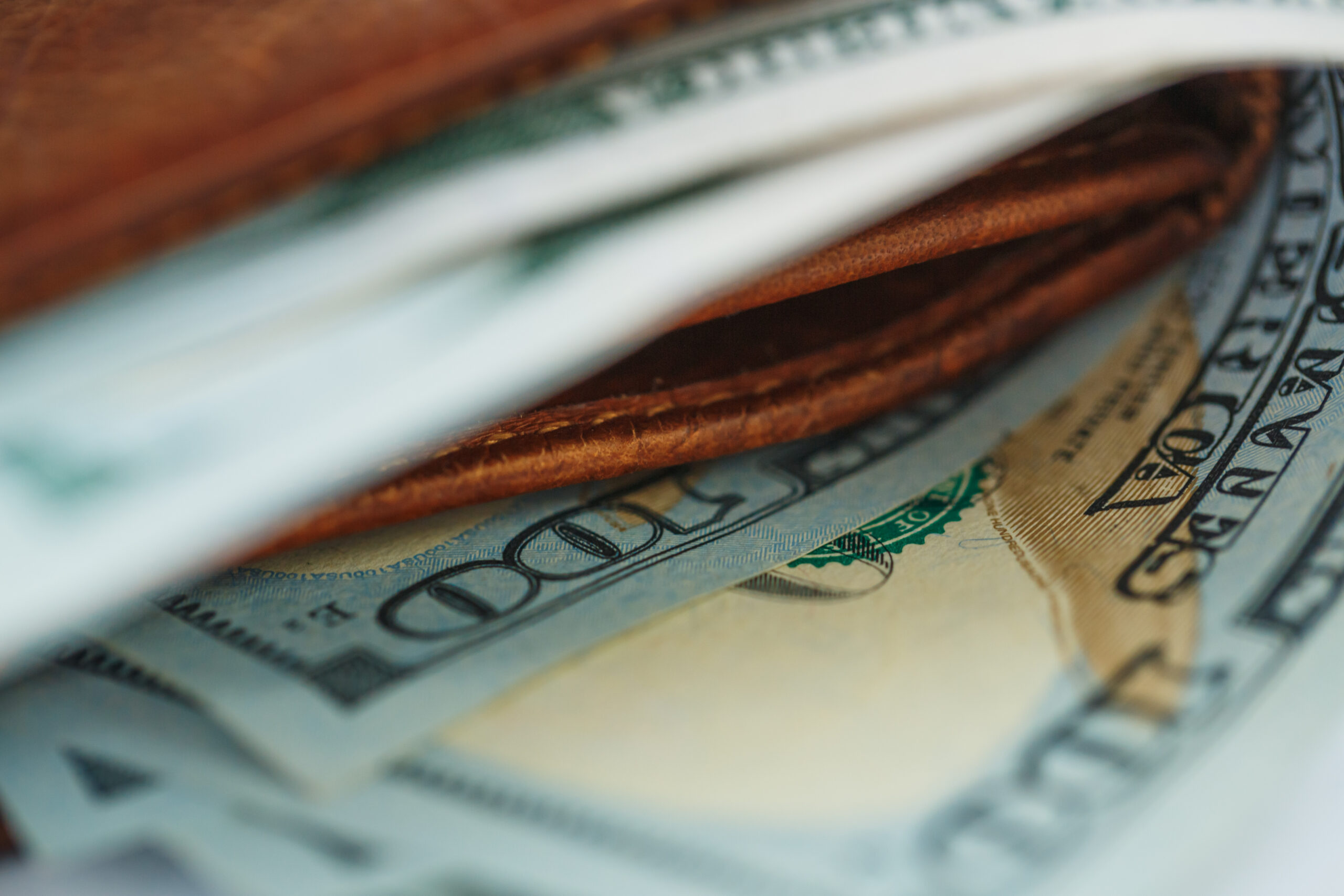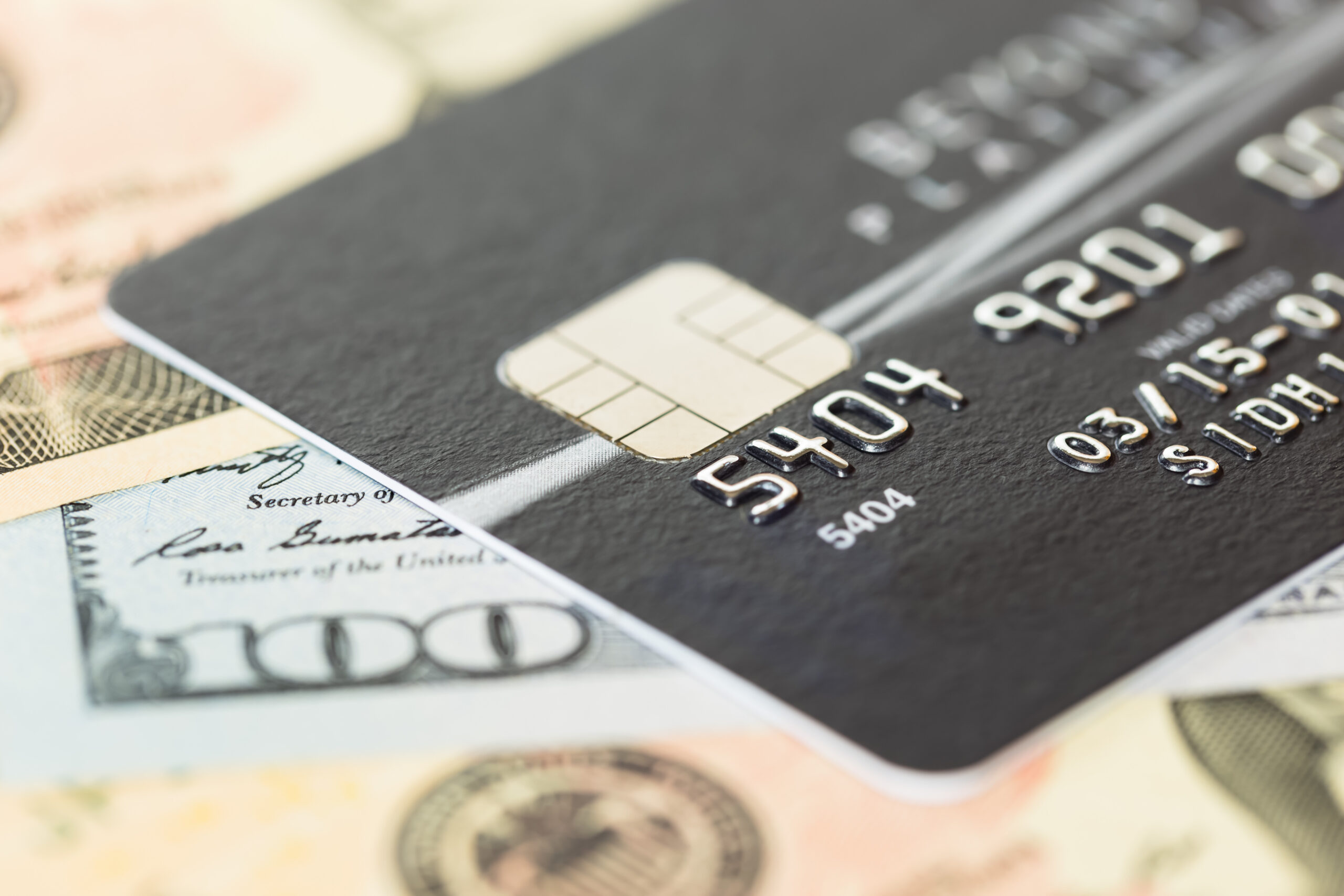
Feeling broke can be a stressful and overwhelming experience. Whether it’s due to unexpected expenses, job loss, or simply struggling to make ends meet, the urgency to find solutions can be intense. Fortunately, there are practical steps you can take to improve your financial situation quickly. Here are ten effective strategies to help you navigate through tough times and get back on your feet.
Evaluate Your Finances
Take a detailed look at your current financial situation. List all your income sources and expenses to get a clear picture of where your money is going. This will help you identify areas where you can cut back and start saving immediately, so you don’t go broke.
Prioritize Essential Expenses
Focus on covering your essential expenses first. This includes rent or mortgage, utilities, and food. By ensuring these necessities are covered, you can avoid falling behind on critical payments and create a foundation for financial stability.
Sell Unnecessary Items

Consider selling items you no longer need or use. Online platforms like eBay, Craigslist, and Facebook Marketplace can help you turn unwanted belongings into quick cash. This can provide an immediate financial boost and help declutter your living space.
Look for Temporary Work
Explore opportunities for temporary or gig work. Websites like Upwork, Fiverr, and TaskRabbit offer short-term jobs that can help you earn extra income. Additionally, local businesses may need part-time help, especially during busy seasons.
Cut Non-Essential Spending
Eliminate or significantly reduce non-essential spending. This includes dining out, entertainment, and subscription services. By tightening your budget, you can free up more money to cover important expenses and build a financial cushion.
Utilize Community Resources
Take advantage of community resources such as food banks, charitable organizations, and government assistance programs. These resources can provide immediate relief and support, helping you manage your finances during difficult times.
Negotiate with Creditors
Reach out to your creditors to discuss your financial situation. Many companies are willing to work with you by offering payment plans, reduced interest rates, or temporary payment deferrals. Being proactive can prevent further financial strain and protect your credit score.
Consider a Side Hustle
Starting a side hustle can generate additional income. Whether it’s freelance work, tutoring, or selling handmade crafts, a side gig can provide financial relief and potentially grow into a significant source of income over time.
Borrow Wisely
If you need to borrow money, explore all your options carefully. Personal loans, borrowing from friends or family, or using credit cards can provide quick access to funds. However, it’s crucial to understand the terms and ensure you can manage the repayments to avoid further debt.
Focus on Long-Term Solutions
While addressing immediate financial needs is crucial, also consider long-term strategies to improve your financial health. This includes creating a budget, building an emergency fund, and seeking financial education. Developing good financial habits will help prevent you going broke.
Take Control of Your Financial Future
Taking these steps can provide immediate relief and set the foundation for a more secure financial future. Remember, overcoming financial difficulties is possible with determination, resourcefulness, and a proactive approach. By managing your finances wisely, you can navigate through tough times and achieve greater financial stability.




